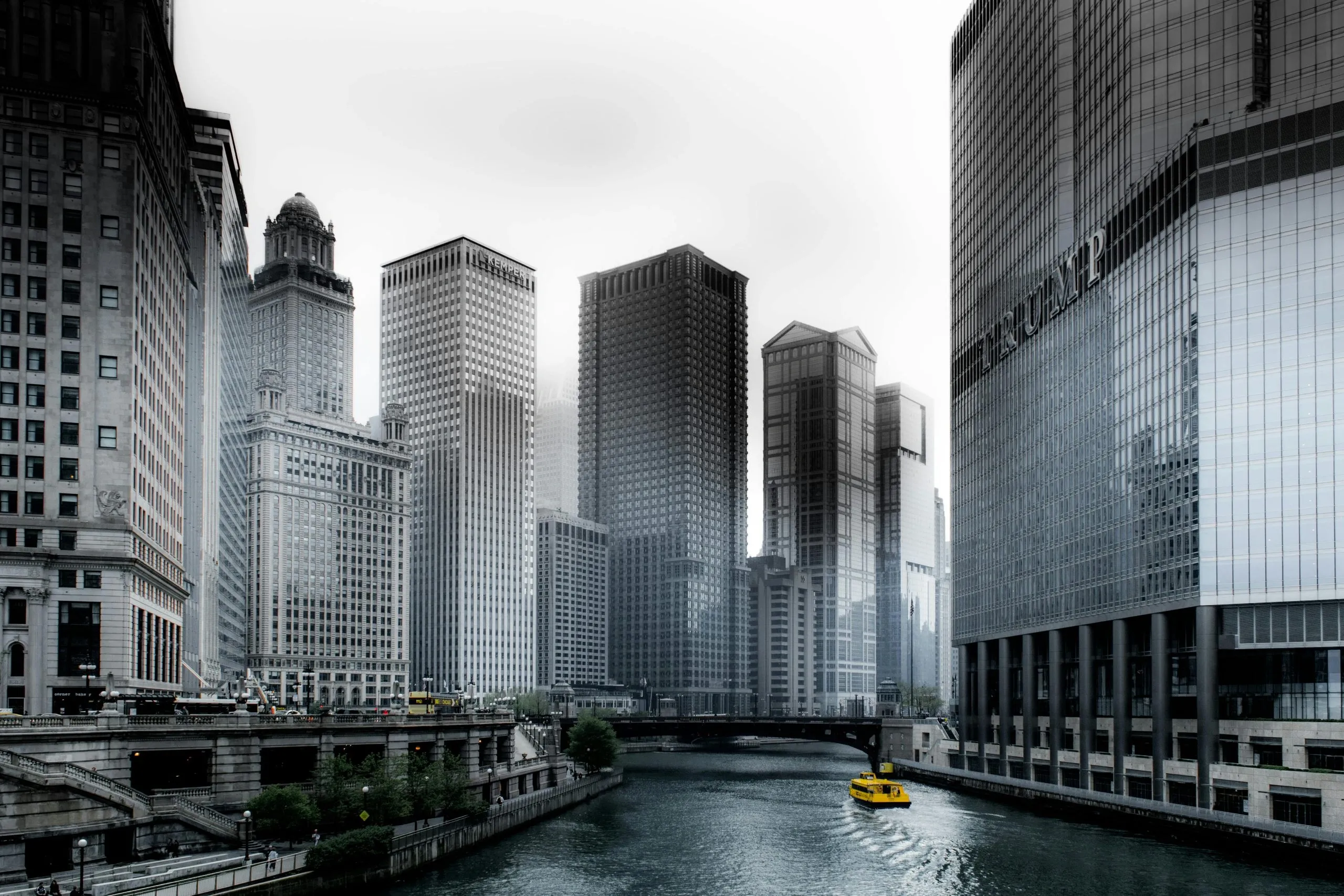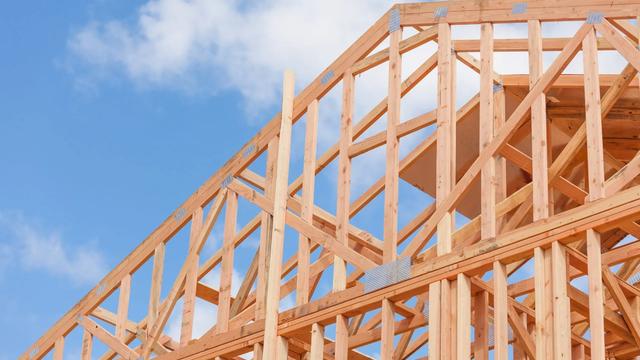Global City Skyscrapers Surge in Real Estate Boom
As urban populations swell and international investment intensifies, global cities are witnessing a dramatic rise in skyscraper development. From New York to Dubai, high-rise towers are reshaping skylines and redefining the future of real estate.


In cities like Shanghai, London, and Singapore, vertical construction is not just a symbol of status — it's a response to land scarcity, housing demand, and the evolving preferences of modern urban dwellers. Luxury condominiums, corporate headquarters, and mixed-use complexes now soar higher than ever, often backed by foreign capital.
Experts attribute this boom to a mix of low interest rates, post-pandemic recovery momentum, and the global appetite for resilient, income-generating assets. "Skyscrapers are becoming smart, sustainable, and profitable," says architect and urban analyst Maria Huang. "They’re no longer just structures — they’re ecosystems."
However, critics warn of oversupply in some markets, and growing concerns over environmental impact and affordability persist. Still, with technology enabling faster and greener construction methods, the skyscraper surge shows no sign of slowing down.
As global cities race to the sky, the question remains: how high can real estate ambition climb?





